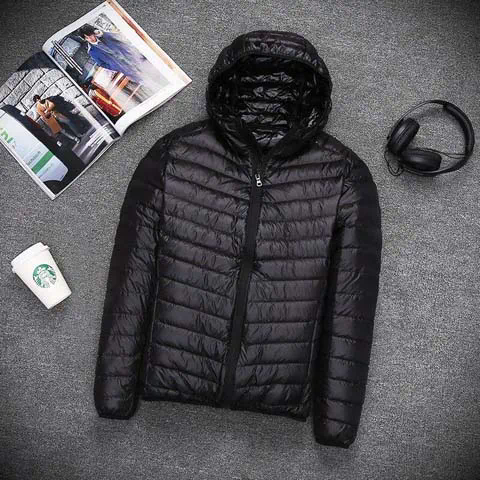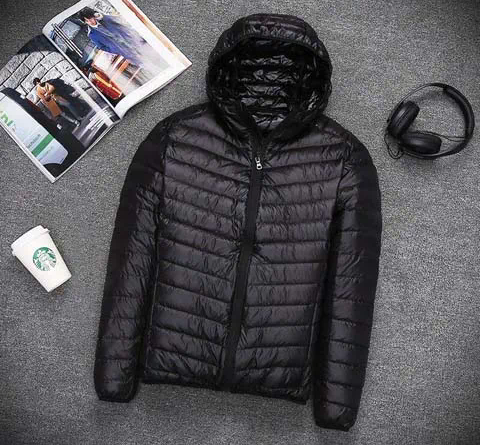wholesale clothing manufacturers
Wholesale clothing manufacturers play a crucial role in the fashion and apparel industry, serving as the backbone for countless retail businesses and brands around the world. These manufacturers produce large quantities of clothing at a reduced cost, enabling retailers to maintain lower prices and higher profit margins. This article explores the multifaceted world of wholesale clothing manufacturing, providing a comprehensive understanding of its processes, advantages, challenges, and future trends.
Understanding Wholesale Clothing Manufacturing
Wholesale clothing manufacturing involves producing garments in bulk quantities, often for various retailers, brands, and distributors. The process can include everything from sourcing raw materials to delivering finished products. These manufacturers typically operate on a business-to-business (B2B) model, selling their products in large quantities at discounted rates compared to retail prices.
The Manufacturing Process
The production of wholesale clothing involves several key stages:
Sourcing Materials: The first step involves acquiring raw materials such as fabrics, threads, buttons, and zippers. This stage is critical as the quality of the materials directly impacts the final product.
Design and Pattern Making: Once materials are sourced, designers create patterns and prototypes. In this phase, computer-aided design (CAD) software is often used to ensure precision and efficiency.
Cutting and Sewing: After finalizing the designs, fabrics are cut according to the patterns and then sewn together. This stage may involve both manual labor and automated machinery.
Quality Control: Quality checks are performed wholesale clothing for women at various stages of production to ensure that the garments meet the required standards. Any defects are identified and rectified before proceeding.
Finishing: This involves the final touches such as adding labels, tags, and packaging the garments for shipment.
Advantages of Wholesale Clothing Manufacturing
There are numerous advantages to engaging with wholesale clothing manufacturers, both for the manufacturers themselves and for their clients:
Cost Efficiency
One of the most significant benefits is cost efficiency. Producing garments in bulk reduces the per-unit cost, allowing retailers to offer competitive pricing while maintaining healthy profit margins. This is particularly beneficial for small businesses and startups looking to enter the fashion market without substantial upfront investment.
Consistent Quality
Wholesale manufacturers often have stringent quality control processes in place, ensuring that each garment meets specific standards. This consistency is crucial for brands looking to build a reliable reputation among consumers.
Scalability
Working with wholesale manufacturers allows businesses to scale their operations quickly. As demand increases, manufacturers can ramp up production without significant delays, ensuring that retailers can meet consumer needs promptly.
Customization and Variety
Many wholesale manufacturers offer customization options, allowing brands to differentiate their products. Whether it’s unique designs, specific fabrics, or particular sizes, manufacturers can tailor their offerings to meet client specifications. This flexibility is essential in a competitive market where differentiation is key.
Challenges in Wholesale Clothing Manufacturing
Despite its numerous advantages, wholesale clothing manufacturing also comes with its set of challenges:
Supply Chain Management
Managing the supply chain is a complex task that involves coordinating with multiple suppliers, logistics providers, and retailers. Any disruption in this chain, such as material shortages or shipping delays, can significantly impact production schedules and delivery timelines.
Quality Control
Maintaining consistent quality across large quantities of garments is challenging. Even with robust quality control measures, there is always a risk of defects slipping through, which can harm a brand’s reputation and lead to costly returns or exchanges.
Labor Relations
Wholesale manufacturers often operate in regions with lower labor costs, which can sometimes lead to ethical concerns regarding working conditions and fair wages. Ensuring compliance with labor laws and ethical standards is crucial but can be challenging to monitor and enforce.
Environmental Impact
The fashion industry is notorious for its environmental footprint, and wholesale manufacturing is no exception. From the use of water and chemicals in fabric production to the waste generated during manufacturing, the industry faces growing scrutiny over its impact on the environment. Manufacturers are increasingly adopting sustainable practices to address these concerns, but it remains an ongoing challenge.
Choosing the Right Wholesale Clothing Manufacturer
Selecting the right manufacturer is critical for any business looking to succeed in the fashion industry. Here are some factors to consider:
Reputation and Experience
Research the manufacturer’s reputation within the industry. Look for reviews, testimonials, and case studies to gauge their reliability and track record. Experienced manufacturers are more likely to have established processes and networks that can benefit your business.
Product Quality
Request samples to assess the quality of their products firsthand. Ensure that the materials used and the workmanship meet your brand’s standards. A manufacturer that consistently delivers high-quality products will help you build a strong brand reputation.

Compliance and Certifications
Verify that the manufacturer complies with relevant industry standards and regulations. Certifications such as ISO, WRAP, or Fair Trade can provide assurance that they follow ethical and sustainable practices.
Communication and Support
Effective communication is crucial for a smooth partnership. Choose a manufacturer that is responsive and provides clear, timely updates throughout the production process. Good customer support can help address any issues that arise and ensure that your needs are met.
Flexibility and Scalability
Ensure that the manufacturer can accommodate your specific requirements, whether it’s custom designs, small initial orders, or the ability to scale up production as your business grows. A flexible manufacturer can adapt to your changing needs and support your long-term success.
Future Trends in Wholesale Clothing Manufacturing
The wholesale wholesale clothing mens clothing manufacturing industry is constantly evolving, driven by technological advancements, changing consumer preferences, and global trends. Here are some key trends shaping the future of the industry:
Adoption of Technology
Technology is transforming every aspect of the manufacturing process. From advanced machinery and automation to artificial intelligence and data analytics, manufacturers are leveraging technology to improve efficiency, reduce costs, and enhance product quality. Innovations such as 3D printing and virtual prototyping are also enabling faster and more accurate product development.
Sustainable Practices
Sustainability is becoming a top priority for many manufacturers. This includes using eco-friendly materials, reducing waste, and implementing energy-efficient processes. Consumers are increasingly demanding environmentally responsible products, and manufacturers that adopt sustainable practices can gain a competitive edge.
Customization and Personalization
As consumer preferences become more individualized, the demand for customized and personalized products is rising. Manufacturers are investing in technologies that enable mass customization, allowing brands to offer unique products tailored to individual customer preferences without sacrificing efficiency.
Nearshoring
In response to the challenges of global supply chains, including long lead times and geopolitical uncertainties, many businesses are considering nearshoring—moving production closer to their primary markets. This trend can help reduce shipping costs, improve response times, and mitigate risks associated with distant supply chains.

Ethical and Transparent Supply Chains
Consumers are increasingly concerned about the ethical implications of their purchases. Transparency in the supply chain is becoming essential, with brands and manufacturers expected to provide clear information about sourcing, labor practices, and environmental impact. Blockchain technology is one tool being explored to enhance transparency and traceability in the supply chain.
Conclusion
Wholesale clothing manufacturers are vital players in the global fashion industry, providing the foundation for countless brands and retailers. By understanding the manufacturing process, recognizing the benefits and challenges, and staying informed about industry trends, businesses can make informed decisions and build successful partnerships with these manufacturers. As the industry continues to evolve, embracing technology, sustainability, and ethical practices will be key to staying competitive and meeting the demands of modern consumers.
In summary, the landscape of wholesale clothing manufacturing is dynamic and complex, offering numerous opportunities for those who navigate it effectively. By prioritizing quality, innovation, and ethical considerations, both manufacturers and their clients can thrive in this ever-changing industry.
https://tmsmicro.com/
